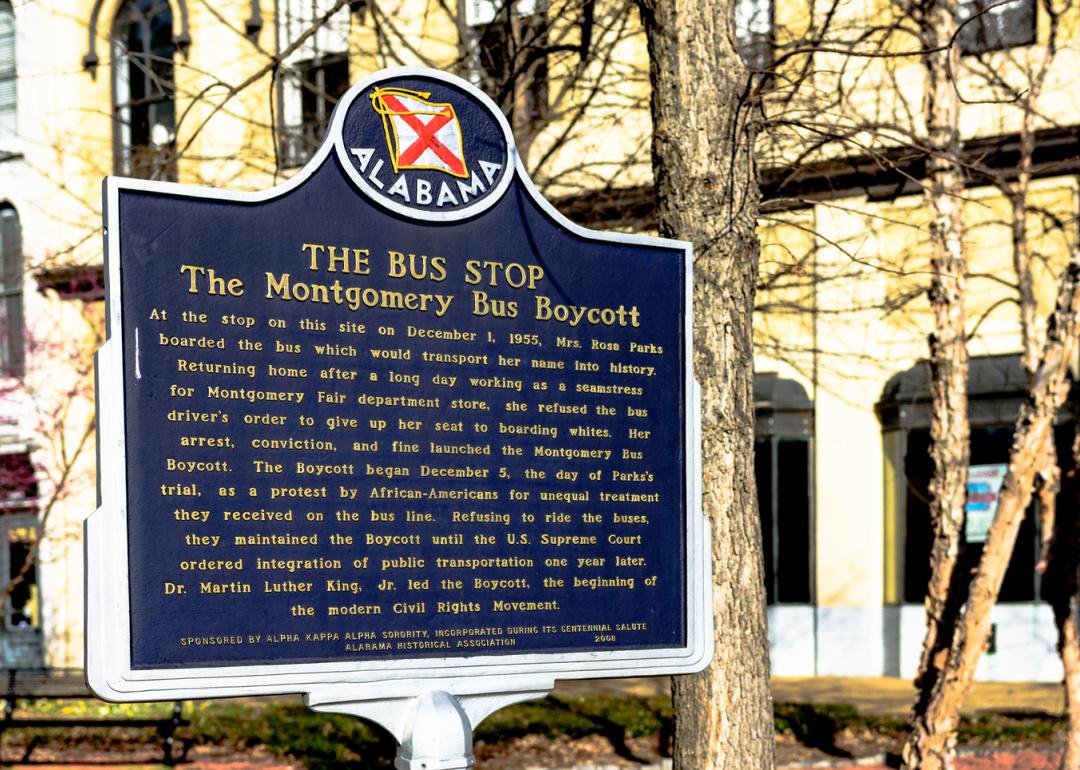
Ferguson erupts: A major civil rights moment in Missouri
A land of contradictions from the outset, the United States was founded by slave owners who spoke passionately and eloquently about liberty, freedom, and justice for all. In the beginning, "all" was limited to men of European ancestry who were wealthy enough to own land. The Constitution's protections did not apply to most of the people living in America for most of America's history—at least not in full.
Women—about 50% of the population—were not included in the country's concept of "all," likewise millions of slaves—and for a long time, their offspring. Native Americans, the descendants of the original inhabitants of the United States, were commonly excluded from the promise of America, as were many immigrants, ethnic groups, and religious minorities.
Despite all the work that remains to be done, all of those groups and many others now enjoy freedoms that had to be won—won through the courts, through the court of public opinion, through mass demonstrations, through legislation, through boycotts, and in many cases, through martyrdom.
Fighting to expand the definition of "all" requires powerless people to challenge the power structures that benefit from keeping certain people locked in their status as second-class citizens. They often do it at great risk to their jobs, their reputations, their homes, and in many cases, their lives. Even so, brave advocates and activists fought the good fight in every state in America. Each state has a unique story to tell about the epic struggles for civil rights that were waged there, as well as those that continue to be waged. The following is a tiny sliver of their collective efforts.
Using a variety of sources, Stacker identified a defining moment for civil rights in all 50 states. They stand out for different reasons and led to changes that lifted different groups, but they all prove how much can be achieved—and how much still remains to be accomplished.
Keep reading to find out your state's contribution to civil rights.
Missouri: Ferguson erupts
Glimpses of 2020 were evident in the protests that followed the 2014 shooting death of Michael Brown by Darren Wilson, a white Ferguson police officer who originally targeted the Black teenager for walking off the sidewalk. When protestors gathered, the Ferguson police and affiliated law enforcement agencies responded with what looked like an army invading a hostile country—images of police in armored vehicles gassing, beating, falsely arresting, and otherwise brutalizing peaceful protestors and journalists alike circled the globe. The moment triggered a national debate on police militarization, racism and brutality in law enforcement, institutional cover-ups, and the widespread practice of policing for profit in municipalities like Ferguson.
Click here to see an event from every state or continue reading for other events near Missouri.
Arkansas: Little Rock 9 go to school
In 1957, three years after the Supreme Court struck down school segregation in the Brown v. Board of Education decision, nine African American students attempted to integrate Central High School in Little Rock, Arkansas. It took several tries—they were physically blocked on the first few attempts by a combination of enraged white mobs and armed National Guard troops. Finally, President Eisenhower federalized the National Guard, ordering them to escort the students to and from the building, and on Sept. 25, 1957, the Little Rock Nine began attending classes at Central High.
Illinois: Chicago takes on Northern racism
Led by Dr. Martin Luther King Jr. and other major civil rights figures, the Chicago Freedom Movement was a sprawling series of protests, meetings, boycotts, rallies, and other nonviolent actions aimed at dismantling racial discrimination and injustice, neither of which were by any means unique to the South. It lasted for two years between 1965-67 and evolved into the biggest civil rights campaign in the North. The grassroots movement laid the groundwork for the Fair Housing Act, which Congress passed in 1968.



